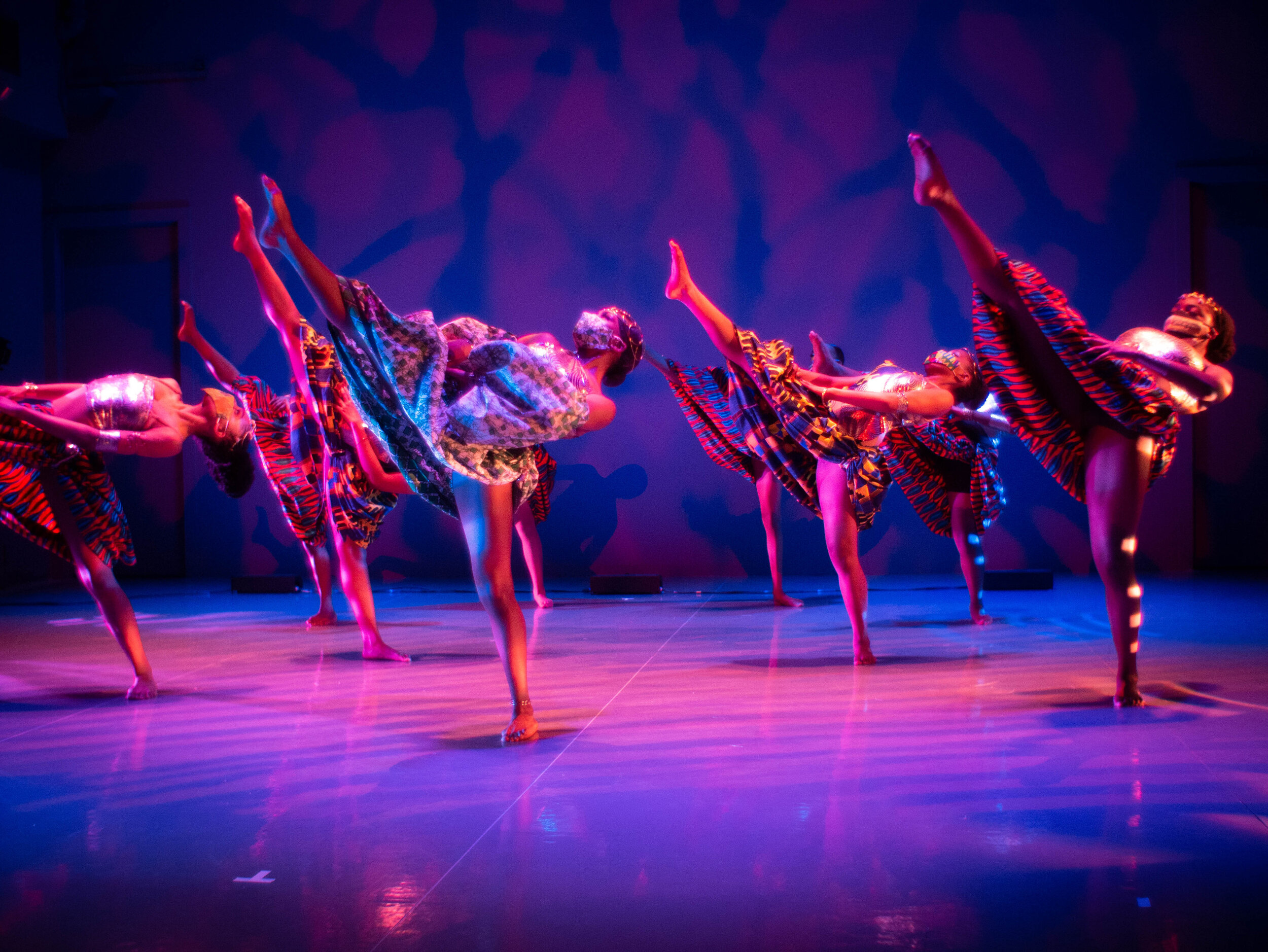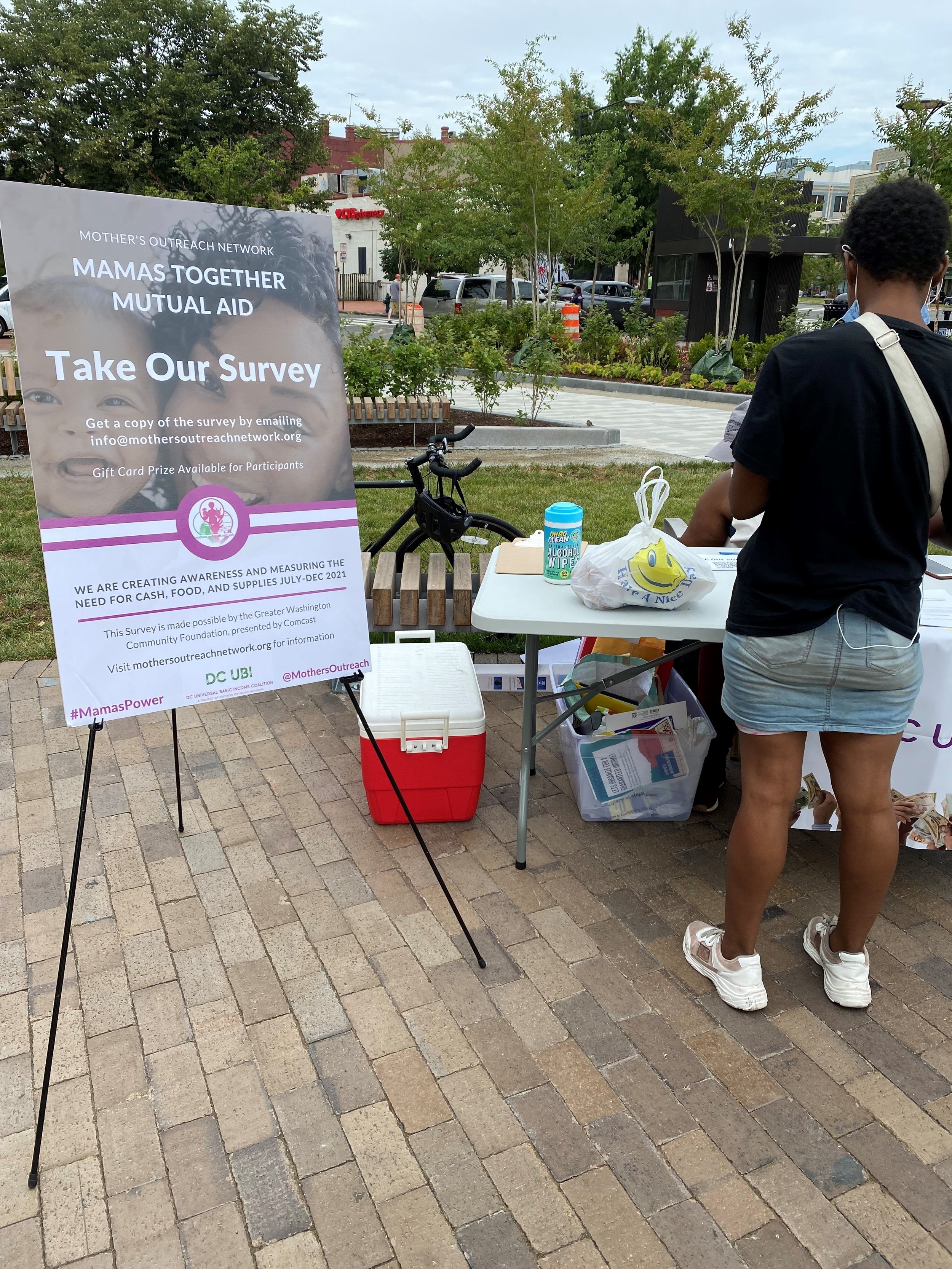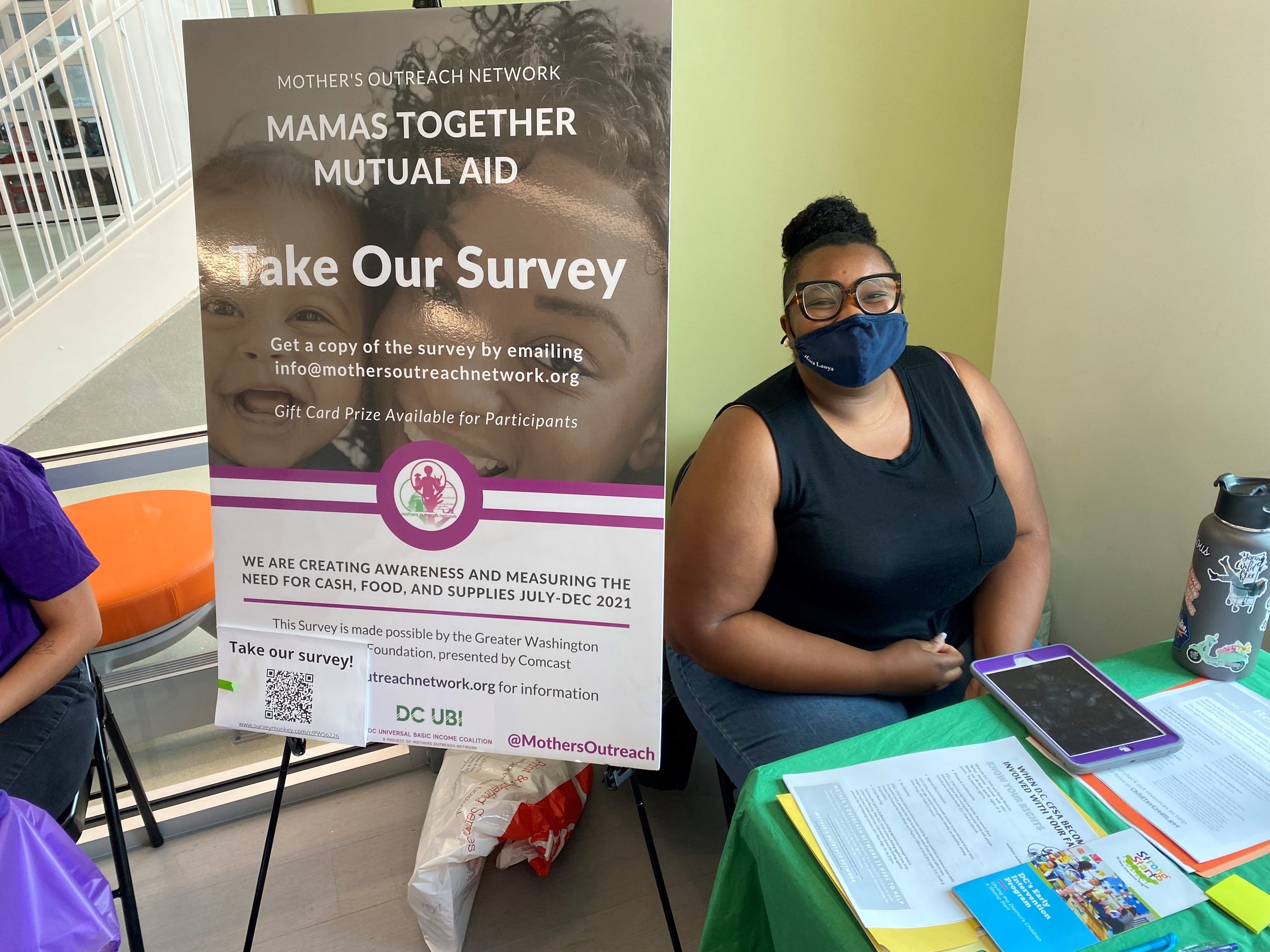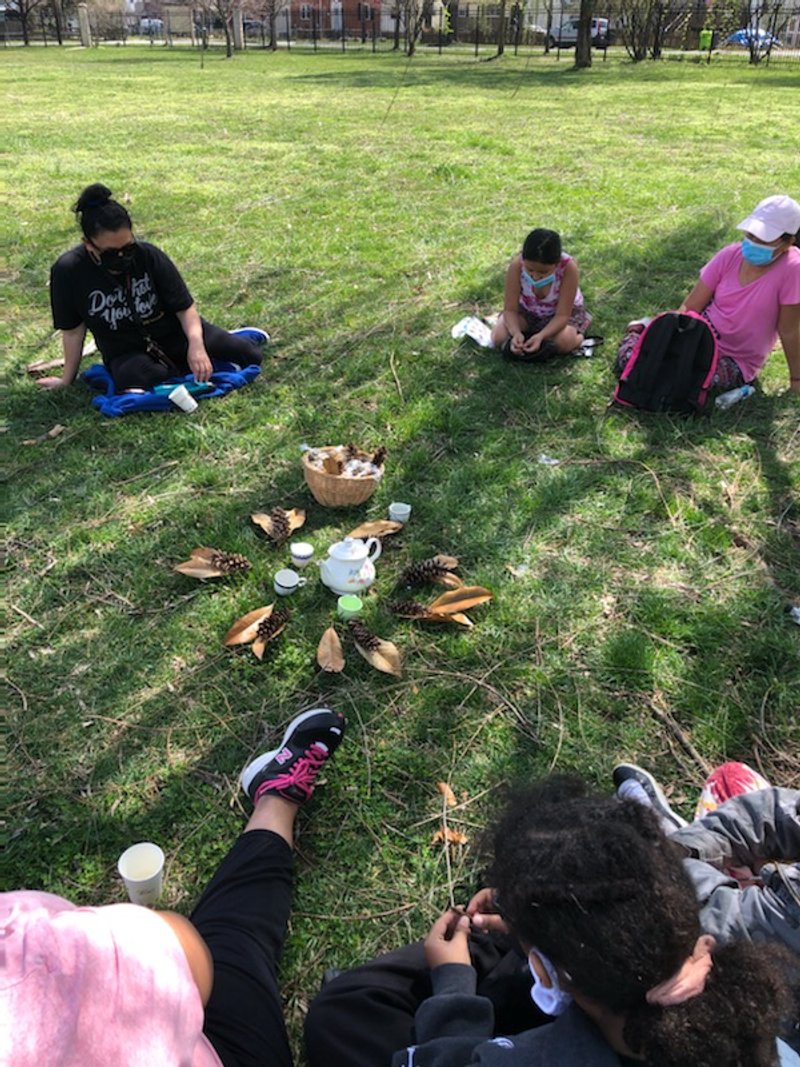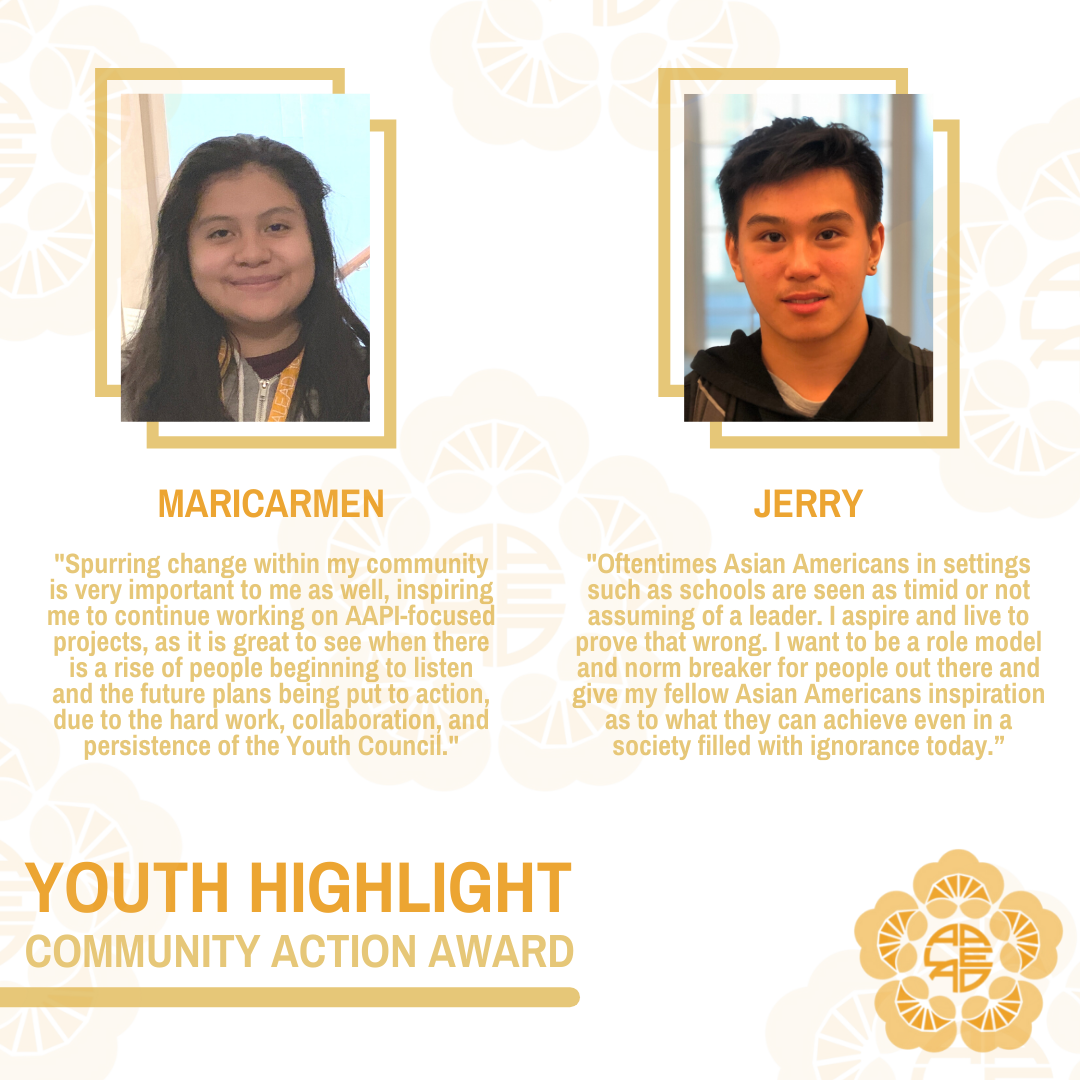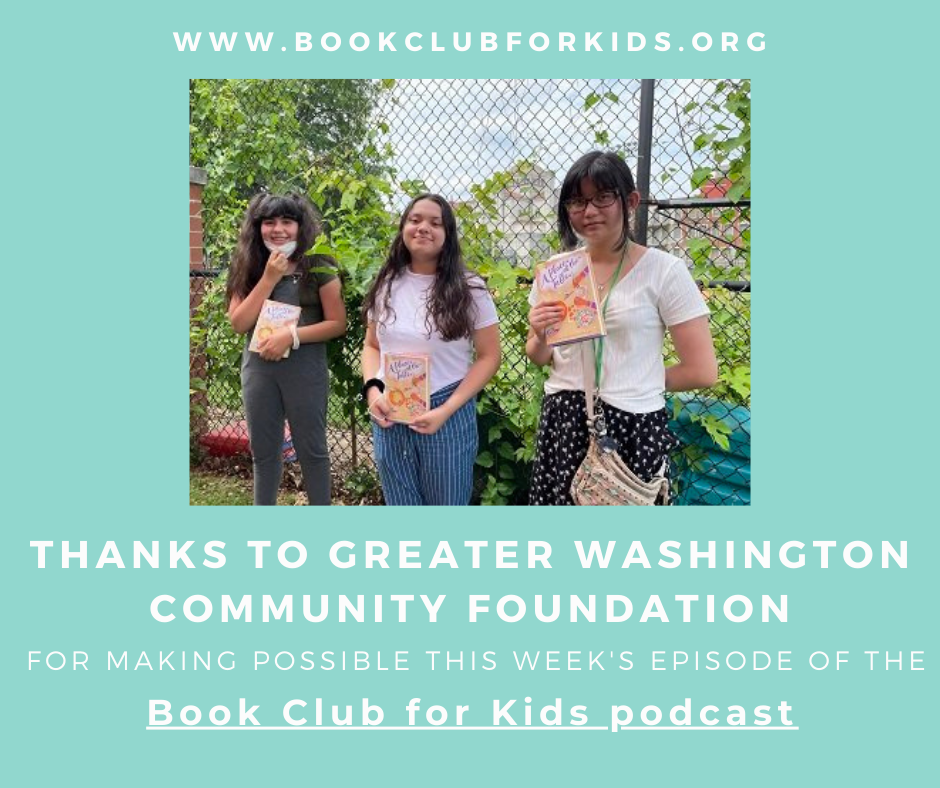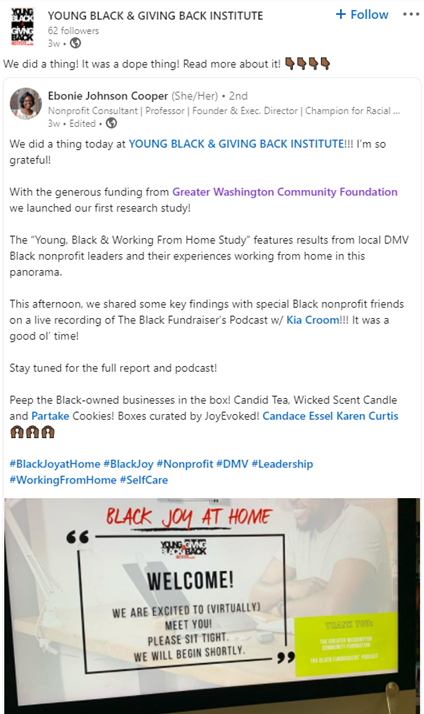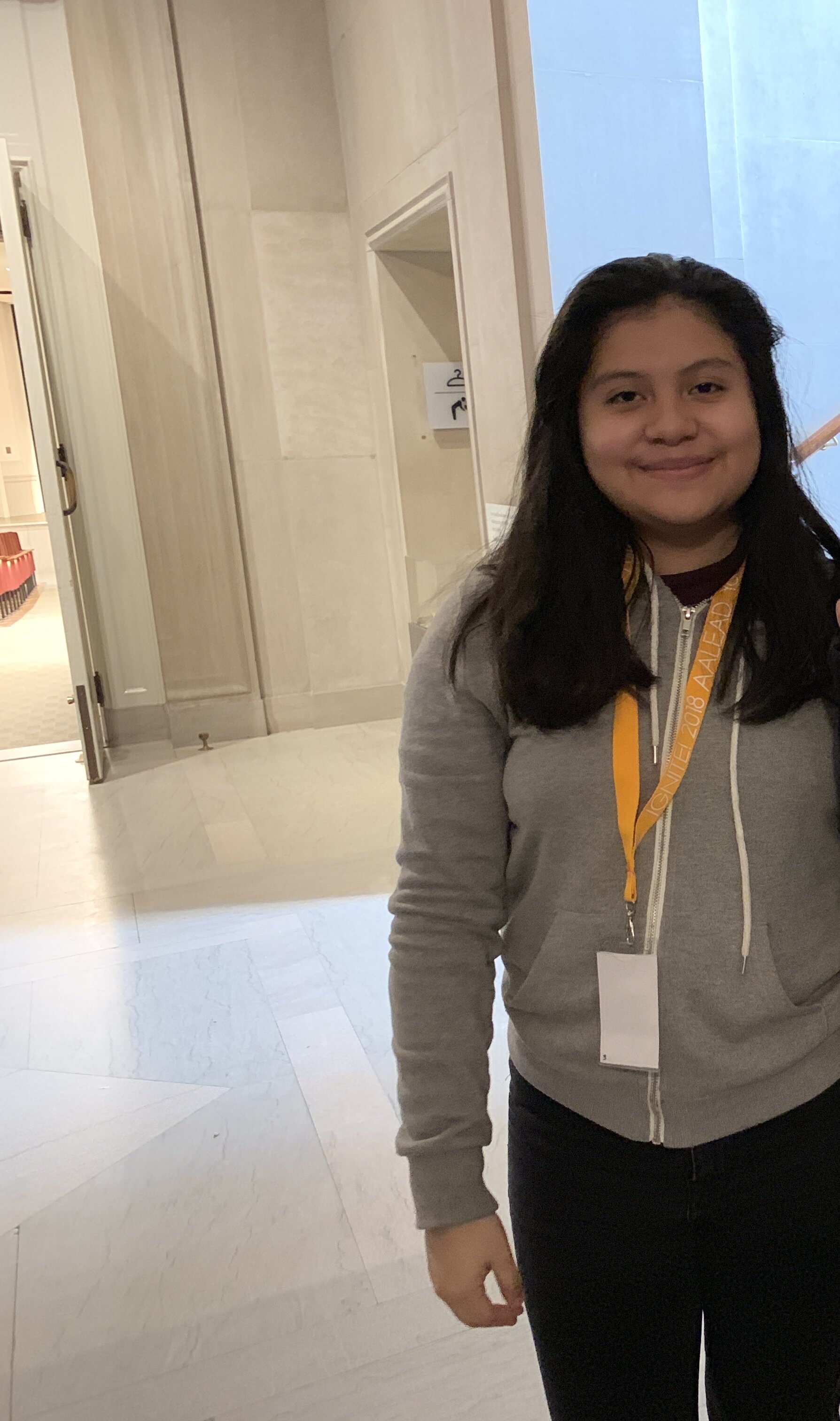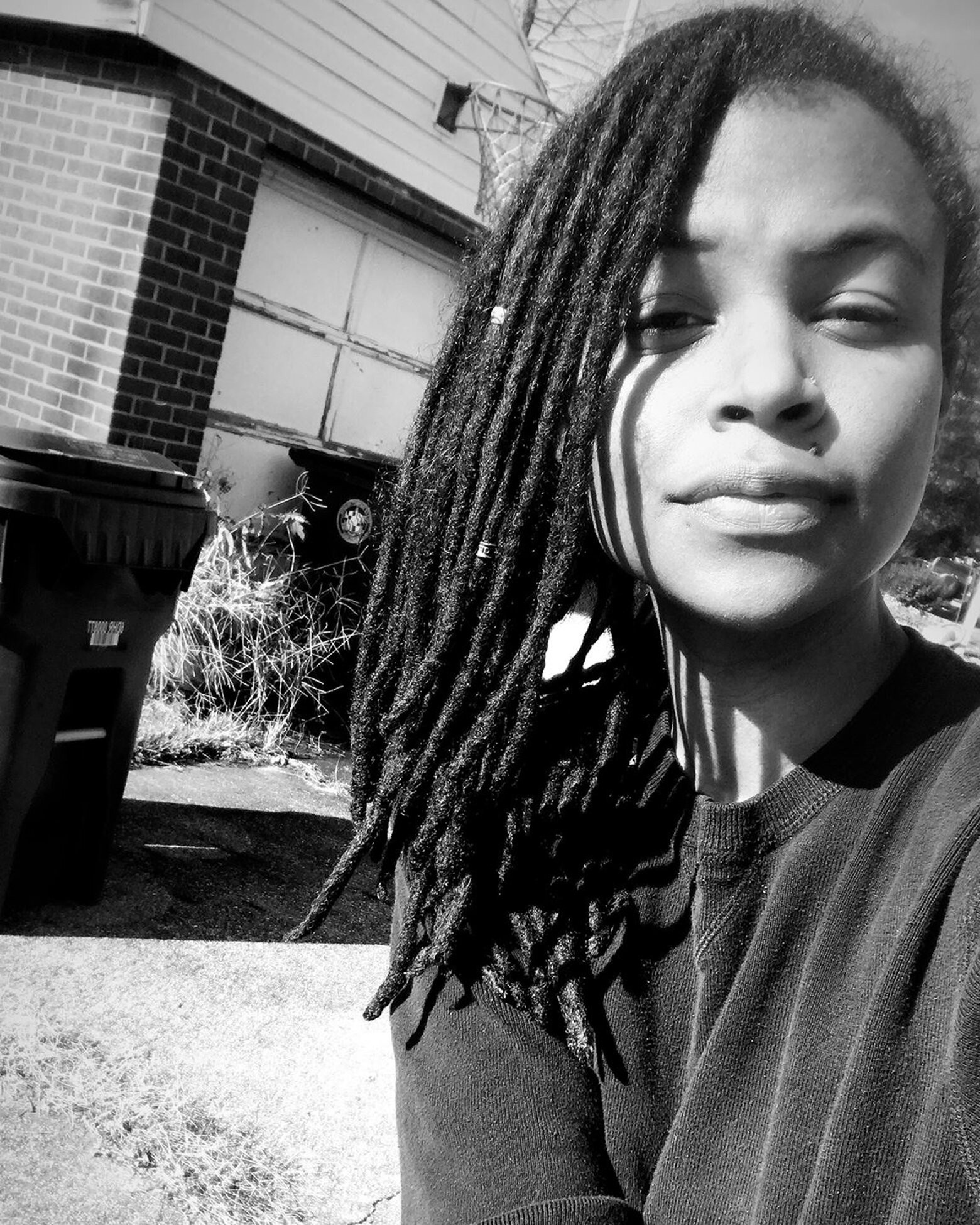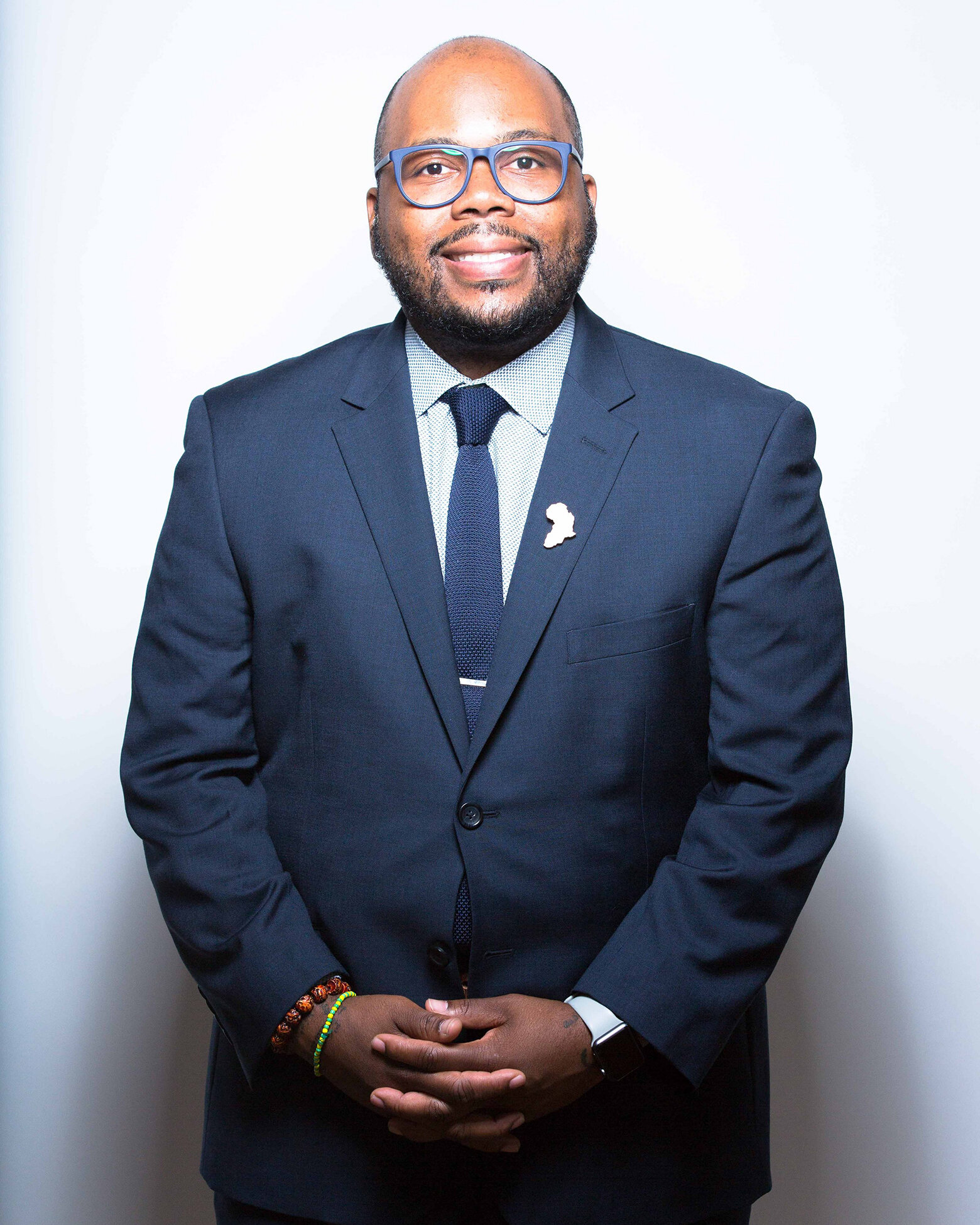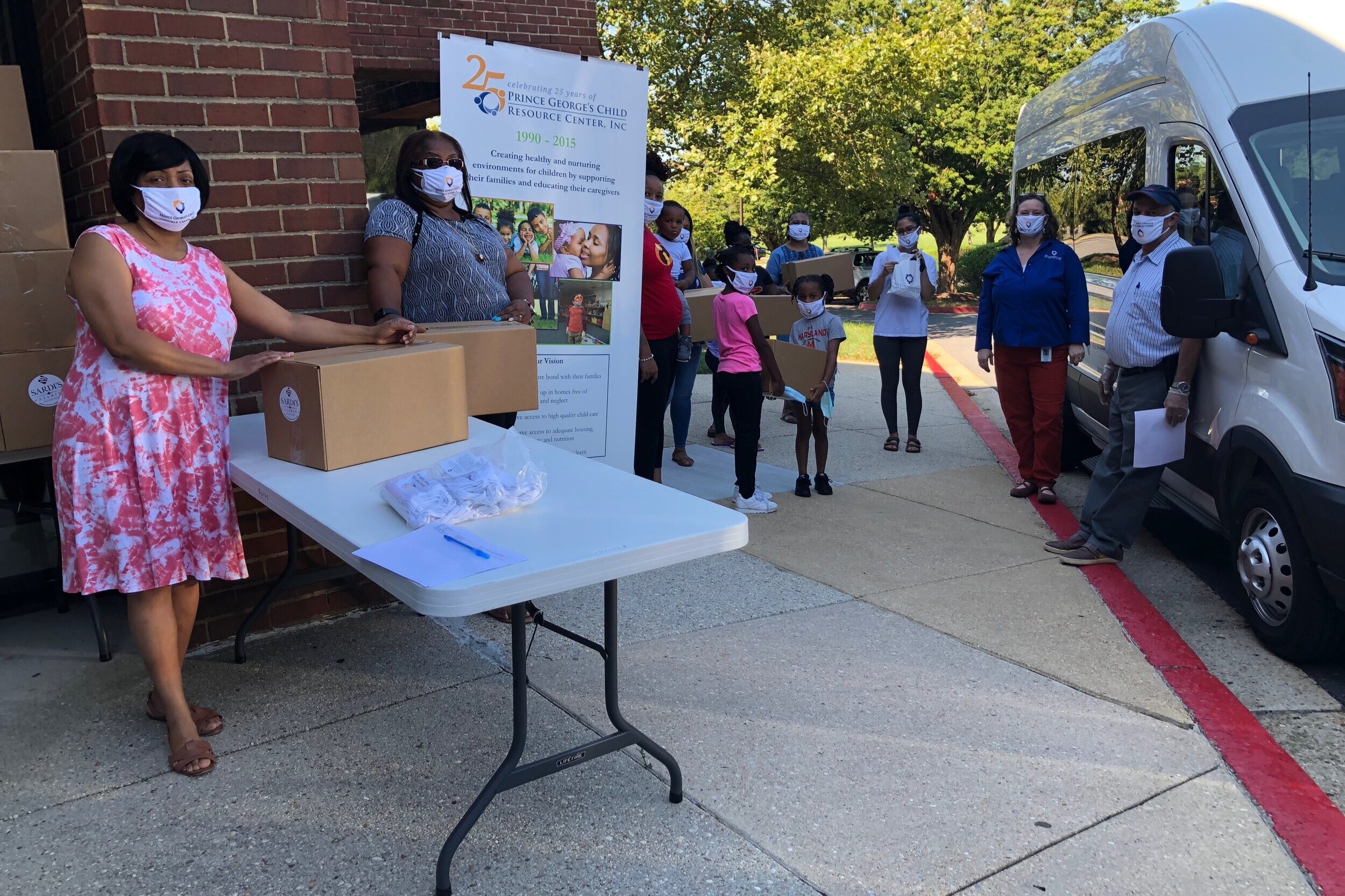During the month of February many organizations make statements intended to honor Black people’s legacies of struggle and triumph in this nation. While these statements are often made as a genuine celebration of and commitment to Black America, at the Greater Washington Community Foundation, we recognize that our words must be matched with action. We know that commitment to an idea — or in this case, to the Black community — is so much more than a monthly theme that begins on February 1 and ends on February 28.
So, instead of a traditional Black History Month statement, we take this opportunity to openly acknowledge and wrestle with our past — and to model, perhaps imperfectly, an appropriate way to honor and venerate Black history past, present, and future.
We begin by acknowledging a hard truth: At various points in our region’s history, the Greater Washington Community Foundation has been part of efforts to advance Black people’s struggle and legacy of overcoming — and at times we have also been an actor in a system designed in many ways to undermine Black lives. While commitments to diversity and racial equity abound across the philanthropic field, the depth and the cost of this harm continues. Until we, as a foundation and a larger philanthropic community resolve to acknowledge and address this, it will be impossible to fully realize our purpose and our potential.
One thing is clear: as a community foundation with the sole purpose to support and strengthen our region, we need to do better. To that end, for the past several years, we have been on an organizational learning journey as we recommit to centering racial equity and inclusion in all aspects of our work — from our internal processes to our infrastructure, programs, and community leadership work. Recently, we completed a strategic planning process which culminated with our Board of Trustees and staff adopting a new 10-year strategic vision to close the racial wealth gap in our community.
As part of that strategic vision, we commit to focusing our leadership, advocacy, and investments on increasing economic mobility and directing more investment towards economically excluded neighborhoods and community organizations that serve them, which in our region are overwhelmingly Black.
This strategic vision for the future of our region was not developed in isolation. Rather it’s the culmination of many years-worth of conversations, studies, initiatives, and investments in and with our region’s BIPOC communities.
More recently, this vision has been shaped through our efforts to balance speed, equity, and impact as we distributed $11 million in community support through the COVID-19 Emergency Response Fund. Additionally, in 2020-2021, we made historic investments in Black-led social change, from grants to support Black leaders through the Black Voices for Black Justice Fellows to nearly $1 million invested in the sustainability of 17 Black-led organizations, to major investments in direct cash transfer programming.
These are but a few of the next steps in our efforts to support those who are making Black history every day in our region. At The Community Foundation, we recognize that there is still much to learn – and a whole lot more to do – before we can achieve racial equity in our region. Until then, we are proud and committed to stand with our Black neighbors and communities every step of the way.








